Machine learning might seem like yet another tech buzzword, but it’s actually a concept that is worth understanding and learning about thanks to the implications it has on current-day technologies and the growth and scalability of future services. One such example that we can actually see being used today is Google’s implementation of machine learning features into Google Ads PPC.
As Google’s main advertising platform, introduce any kind of change to the ecosystem could disrupt it and cause a lot of adverse changes to businesses that are already deeply invested into Google Ads PPC. However, machine learning is a powerful tool that could help businesses optimise their entire marketing campaign in the very near future. In fact, it’s already changing the way businesses use Google Ads PPC.
How Does Machine Learning Work For Google Ads PPC?
Google has essentially added automated features into its platform which allows you to create an advertising campaign and then have Google automatically optimise it for you. With automated bidding features, you essentially don’t need to control anything outside of the initial setup. Once your campaign is ready, Google will use its “Smart Bidding” feature to help you maximise conversions, optimise bids and also take advantage of Google’s user data metrics.
Since machine learning is based on patterns of success and human decision, Google makes use of all of the information that it has stored from years of PPC ad campaigns and uses it to boost your campaigns. This incredibly powerful feature wouldn’t be possible without Google’s level of reach. Thanks to the many customers that Google has worked with in the past, they’re able to collect an ample amount of data that allows them to apply machine learning so that it can automatically optimise your PPC campaigns.
But is it really a good idea to let a machine take over your ad budget? Can it really be that reliable, given that it’s just a machine that’s reading statistics and figures? The reality is that it’s not without its flaws, which is why we’re going to talk about the pros and cons of machine learning in Google Ads PPC.
Pros of Machine Learning in Google Ads PPC
- You save an incredible amount of time. Machine learning PPC is a huge time save. Since you can set it and wait for the machine to do everything, you personally don’t need to invest much time into it.
- You can set and forget your ad campaigns. One of the biggest advantages of Google Ads PPC is being able to simply tweak your preferred settings and then just let it run. You don’t need to maintain it or worry about it and you can just watch more customers roll in,
- You gain access to a huge collection of data from Google. Google is a tech giant that loves collecting information from its users and many various companies. As a result, it has a huge collection of data which it can use to find your ideal audience.
- It enables smaller businesses to take advantage of Google Ads PPC. Smaller businesses generally don’t have much money or power to invest heavily in advertising. With machine learning, you’ll be able to take advantage of a world-class PPC platform while still being a smaller business.
- It’s perfect for beginners who are new to the platform. If you’re a complete beginner with no real experience in PPC, then Google Ads PPC gives you an opportunity to just simply start using it without much knowledge, lowering the barrier of entry to PPC ads.
Cons of Machine Learning in Google Ads PPC
- You can’t see the data being used. Although you have access to a lot of Google’s data to make your machine learning campaign work, you can’t actually see the data for yourself to make your own decisions. Instead, you’re expected to just trust Google is doing the best thing for your needs.
- Machine learning takes time to adapt. Machine learning isn’t the fastest thing in the world. It takes a long time for it to understand and study from your campaigns, meaning the first few times can be ineffective while it adjusts to your needs.
- There’s a lack of budget control. Smart bidding is mostly controlled by Google so you don’t have much say or control in how you use your budget–you’ll simply just have to rely on Google themselves.
- Google’s data might not be accurate for your audience. Google uses a large set of data collected from many different sources. Even with such a wealth of data, there’s no telling if that data is accurate for your business’s purposes.
- Google doesn’t know your business as well as you. Google doesn’t know the finer details about your audience or your business, so it doesn’t know how you operate or what makes your business tick. In this situation, it can be hard for Google to determine what type of target audience you’re going for or how you conduct business, so it’s possible that your machine learning-based campaigns don’t work out if you’re in a niche.
When Should You Use Machine Learning PPC?
Smart bidding is a fantastic way for smaller businesses to get noticed and also start using Google Ads. However, if you’re a relatively large business with a big team and plenty of advertising power, then it’s still preferable to run your campaigns manually with help from your team.
However, if you’re just starting out a business and want to increase your brand awareness and conversions, then using machine learning PPC could be a great way to do it on a budget and with little intervention on your part. It doesn’t require any kind of knowledge to start using machine learning PPC, making it a very low barrier to entry that can be surprisingly effective.
In order to truly take control of your campaign and get the most engagement and conversions, you need to do everything yourself. For anyone that just wants to start up, machine learning PPC is a great thing that they should take advantage of.
For more industry updates and marketing tips, make sure to follow Digital24. If you have any questions about Machine Learning PPC or Google Ads in general, feel free to connect with me on LinkedIn.



